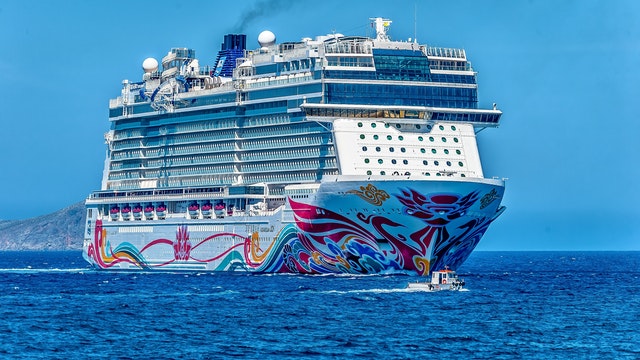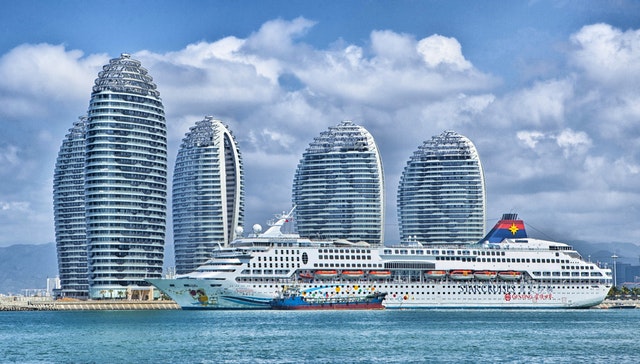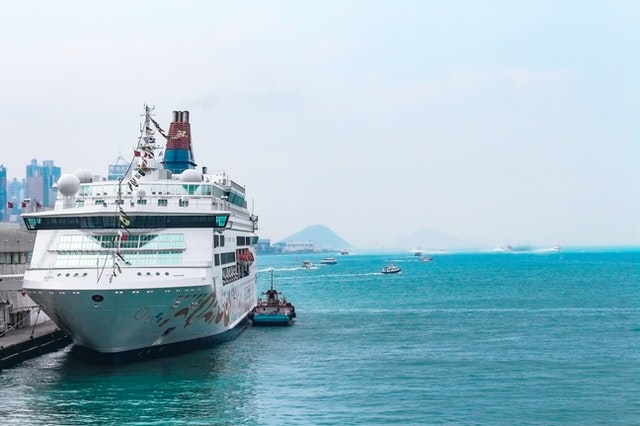
The cruise ship industry has been one of the biggest victims of the coronavirus pandemic. In 2019, it was worth around $46 billion per year, carrying more than 26 million passengers per year. Now, the vast majority of the world’s biggest cruise liners are sitting in port, mothballed.
When the crisis began unfolding, the world watched on in horror as thousands of quarantined passengers became infected on a docked Japanese cruise ship. It seemed like the onboard air conditioning systems were circulating the virus from room to room, infecting passengers, one after another.
That particularly grisly episode faded from memory as community outbreaks began in the US and European countries. But even by that point, it was clear that the cruise industry was in for a rough ride.
The bad publicity was the industry’s immediate concern. How would it look to customers if the virus replaced the cruise liner’s dreamy image with one of a plague ship? That’s something that nobody wanted.
And yet, that’s precisely what happened. Within a week of the cruise liner story hitting the news, bookings for cruise holidays halved. Existing patrons canceled their orders in droves, leaving the industry high and dry.
As the crisis developed, there was yet more bad news for providers. Government regulations and general public sentiment meant that stuffing a bunch of people into a floating hotel with shared facilities was no longer viable. And any attempt to do so would be a public relations disaster. The brand damage could last for years.
The economics of cruise ship holidays also work against providers in a world of social distancing. It only makes sense to send a ship halfway around the world if you can fill the thing with people. You need a minimum level of revenue to make any voyage worthwhile. If you don’t get it, then companies make a loss, and it doesn’t make sense to send the ship out of port in the first place.

Cutting the number of passengers to maintain social distancing is, therefore, a non-starter. It doesn’t work in the cruise ship environment. And the financial viability of such a scheme is doomed to failure.
This isn’t the first time the industry has been stuck between a rock and a hard place. Last year, stories started emerging that more than 250 people had gone permanently missing on cruises, never to be seen again. People simply weren’t safe on these adventures.

But now the problem seems much worse. We’ve seen many people dying because they’ve got COVID-19 while on one of these vessels. And there seems to be no way to relaunch a scaled-back version of the service that will keep passengers safe.
Interestingly, many cruise ship companies can’t benefit from western government bailout schemes. Most registered in places like Panama to pay less tax, meaning that they are not eligible for handout schemes to keep them afloat.
For people who love to travel, all of this is very interesting. It makes you wonder whether the industry can survive.
*Post contributed by peer travel writer Jon Winters based in the U.K.*




